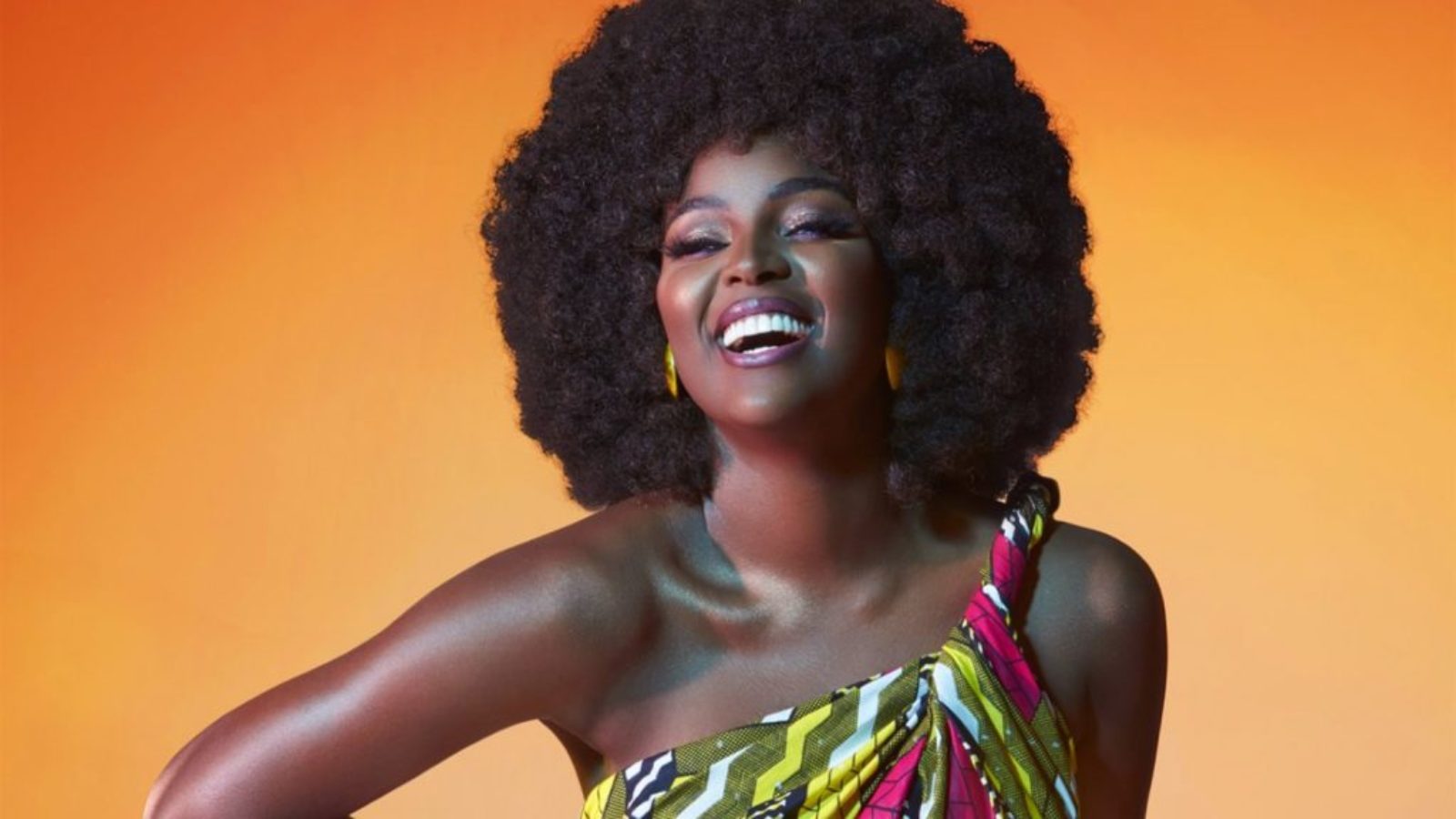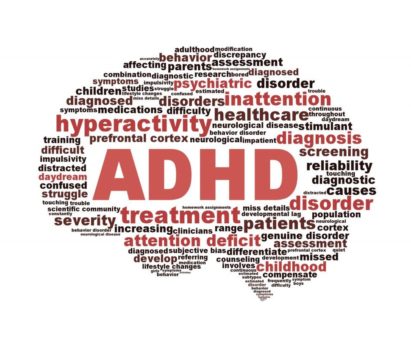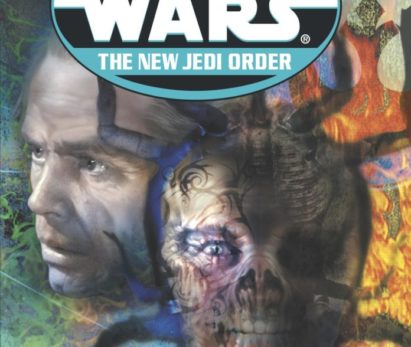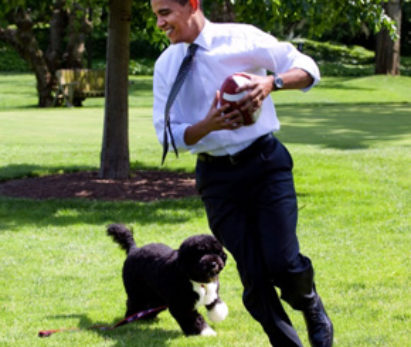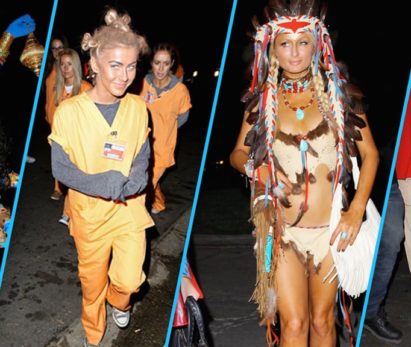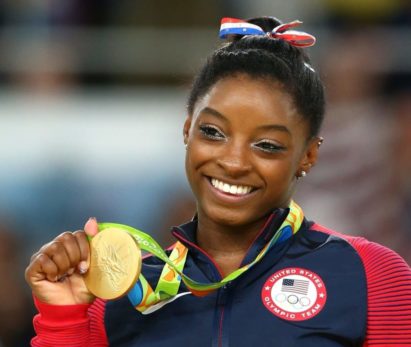5 Reasons Why There’s No Hip-Hop Hair Care Line
When watching a random video on Twitter of L.A. rapper Tyga showing of his newly straightened hair for an upcoming music video, cleverly captioned “Tyga said STIFF WHERE?” My first thought was “I need to know his hair care routine.”
Then, it quickly went to “actually, I need a list of products.” It was at that moment I was hit with the realization that I don’t know a rapper that has produced any hair care products. This wasn’t a big deal on the surface but then I thought, why not? The more I thought about it, the more it seemed like the perfect investment.
For one, the timing is perfect due to the natural hair moment that has been growing in popularity from the early 2000s. Not only that, but a lot of natural styles are associated with hip-hop’s aesthetic including cornrows (Cardi B’s “Please Me”), Bantu knots, and even Afro Puffs (6lack’s “Pretty Little Fears”). In such a braggadocious genre of music, you would think they would be trying to get into every market they can. So why haven’t they?
Reason #1: Hip-hop goes for the safe bet
Most rappers invest in the same products—alcohol, night clubs, real estate, etc. “There are a set of investments that rappers deem ‘safe,’” said Kelby Cannick of Makin’ It Magazine. “Hip hop doesn’t invest its money into new sectors such as technology or commodities.” While this makes most rappers successful, it doesn’t make them the most profitable. When comparing the businesses of Jay-Z, Tidal, Rocawear, New Jersey Nets—to an average rapper, there’s a reason the gap is so high. The most profitable artists go big and refuse to go home.
Reason #2: The hair industry isn’t a simple investment.
Still, it would take a long time to develop with the high start-up costs and licensing. Even if they paired up with an existing brand like Loreal or Pantene, finding the right formula for the products would still take time.
Reason #3: There would be question of authenticity.
People relate to what they see. However, most female hip-hop artists wear weaves, wigs, or extremely short hair. Often their lyrics can include boasts about having Brazilian or Indian hair weave as a brag. For example, Nicki Minaj’s rap in Beyonce’s hit song “Flawless” includes the lines, “got dat yacky/that wavy Brazilian.” Now, I’m not saying that weaves are a bad thing. They’re a good way to protect your natural hair and can honestly give you more versatile looks. However, it could be too big of a contrast. A male rapper could make a line but…
Reason #4: It could become male-dominated, a problem that’s already a problem in the music industry.
I, for one, wouldn’t mind a silk bonnet from Snoop Dogg. Considering that more male hip-hop artists wear their hair in dreadlocks, small twists and braids, it would be an easy sale. However, it could easily become one-sided since hip-hop’s main audience is men. Monica Lynch, president of hip-hop label Tommy Boy Records, once stated the genre was this way because most of the participants (artists, DJs, break dancers, graffiti artists, etc.) were men. This quickly leans into the final reason of…
Reason #5: It may not be seen as black woman friendly.
Misogyny in hip-hop is well known, especially when common topics are women, sex, and money. Even though some of the most popular rappers are female, women still have similar topics in their songs, are oversexualized, and pitted against each other like the notorious feuds between Nicki Minaj, Cardi B., and Remy Ma. For a group who invests $2.5 billion dollars in the hair care industry, they may not want to buy into products from people that don’t seem to truly value them.
But it could still work.
Hip-hop’s advantage is it quickly it can change it’s sound and style. There’s a rise of female rappers and male rappers who are tired of rapping about the same thing. As Jay-Z stated in his last solo record “Nobody wins when the family feuds” and people are starting to understand the message.
With over 30 years of history, hip-hop has become the most popular and influential form of music globally. It’s also become heavily commercialized with rappers being the faces of major campaigns like Oreos featuring Wiz Khalifa and streetwear influencing brands like Louis Vuitton
Hip-hop by design is a game changer and a trendsetter. It hasn’t taken the easy way out and it shouldn’t stop now. In a time when student Andrew Jackson had to sacrifice his natural hair to “take one for the team”, wearing dreadlocks can get banned from a job for looking “messy” and “unprofessional,” and when it is accepted it’s an edgy, miscredited trend by the Kardashians; it is time to find a way to control the narrative. And with an overall $1.2 trillion buying power in the American market, the black community can do it.
By investing in an industry that impacts their daily lives, it gives the community monetary control, which in turn gives us the power to change the perception of the general public to what the reality is. We want to wear our hair the way it comes out of our head, just like everyone else, and we shouldn’t be punished for that. Instead, we should be able to celebrate and benefit from it to the fullest extent.
So, let’s make this reality happen because I’m really curious to try:
- a hydrating crème from Wale,
- a natural-friendly color dye from Nicki Minaj
- a gel from Cardi B
- A heat protector from Tyga
Just to name a few.
